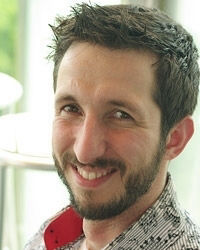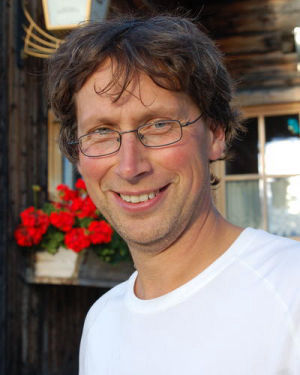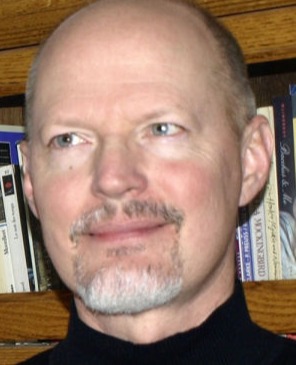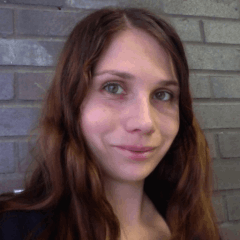Session organisers: Michael Roos, Frederik Schaff, Frank Hillebrandt
Keynotes: Iza Romanowska (Barcelona Supercomputing Center) & Angelos Chliaoutakis (Technical University of Crete)
Keywords: Complexity, Resources, Modelling
In this session, we want to explore methodological approaches that deal with the complexity of high-level archaeological questions by taking a resource-based view. Under a high-level question, we understand a question that deals most comprehensively with human behaviour in its specific spatiotemporal context. More concretely, we do not want to focus on a single aspect of the archaeological record for a given region and time, but want to understand the dynamics of the past society in a given geographical area over a long time span (typically several hundred years).
A particularly interesting approach to such issues is to build formal, data calibrated simulation models with artificial societies populating an artificial world. However, inevitably one encounters a huge ‘lack of data’, especially when it comes to modelling human behaviour. Hence, ethnographic and anthropological work that aims at detailed descriptions of daily life and decision processes in past societies, likely providing more than one hypothesis, is a crucial part of such a discussion.
Furthermore, we recognise that the availability of resources, be it material or culturally produced and accumulated, is an important aspect when trying to understand such higher order questions. The distribution and availability of resources (including, e.g., knowledge) structures and limits the potential activities of the humans that lived in the specific spatiotemporal context. Taking a resource-based view is thus most helpful in selecting the elements in the model or making inevitable assumptions on past human societies, be it individual behaviour or social processes.





